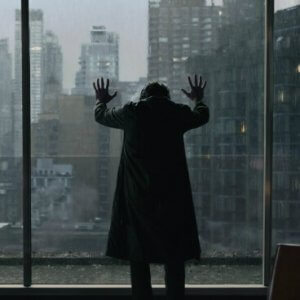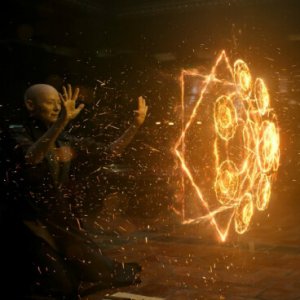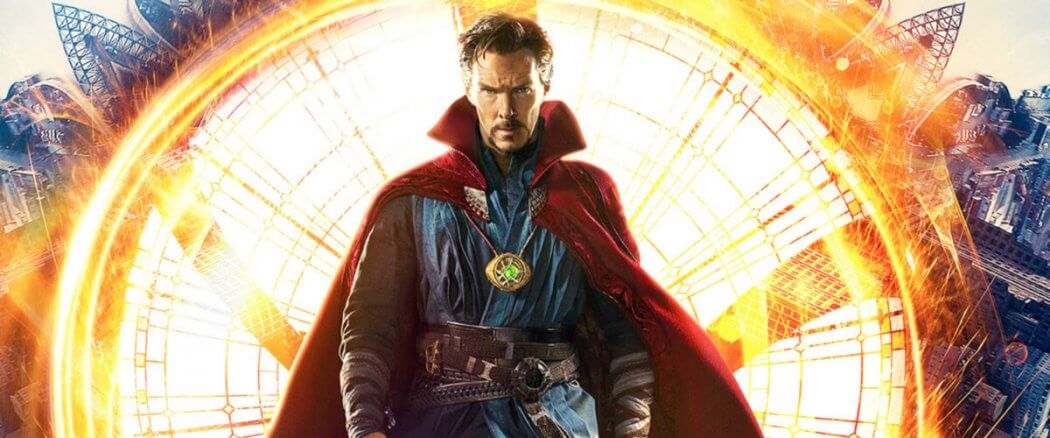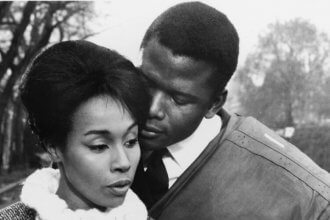The success of superhero movies is starting to feel a bit tiring, to be quite honest. Yes, it’s hard to deny the simple joy of a well-done Marvel or DC film: they’re a combination of light-hearted fun, breakneck pace, and elevated reality. And in a way, that’s why we go to the movies in the first place. We want to hear and see stories of people like us who — beyond all odds — become something greater than themselves.
But at some point, there has to be more than the simple tale of good vs. evil. Heightened reality is fun, but at what point do expectations plateau? Marvel has been the picture of success in this realm, but the Marvel Cinematic Universe has begun to feel like a commitment more than a joy. If the stakes aren’t bigger and the villains aren’t better, expectations won’t be met: ask most people how they feel about Ant-Man to see this thought process in action.
Fortunately, Marvel has raised the stakes in the MCU with Doctor Strange. The typical Marvel hallmarks are present: light-hearted and sometimes forced banter; a deeply flawed hero with an undersold love interest; yet another threat from whom our heroes must defend the world. Yet, at the same time, Doctor Strange considers things no Avenger has ever touched before.
The Mirror Dimension
Perhaps one of the best parts about Doctor Strange is the use of mirrors as a metaphor for self-examination.
Like most Marvel films, the hero — Dr. Stephen Strange — is a renowned hero with a mortal flaw. For Iron Man, it was his arrogance. For Captain America, his physical weakness. For Doctor Strange, it’s a sense of false security. Strange is a man possessed with his standing in the world, his dynamic gifts more of a compulsion then a blessing. When a car accident costs him his hands, his most important tools, Strange unravels. He can’t work, he can’t shave, and he certainly can’t perform spells requiring complex hand motions.
 It’s obviously no mistake the character goes to find himself at Kamar-Taj, and is faced with the horrid reality that his gifts as a surgeon are insignificant. In fact, Strange already knows this, confessing to Christine Palmer (Rachel McAdams) how insignificant humanity is in the vast and unforgiving universe. What Strange really discovers as the film drives on is where he finds his significance. The Ancient One (Tilda Swinton) tells him, “Arrogance and fear still keep you from learning the simplest and most significant lesson of all… it’s not about you.”
It’s obviously no mistake the character goes to find himself at Kamar-Taj, and is faced with the horrid reality that his gifts as a surgeon are insignificant. In fact, Strange already knows this, confessing to Christine Palmer (Rachel McAdams) how insignificant humanity is in the vast and unforgiving universe. What Strange really discovers as the film drives on is where he finds his significance. The Ancient One (Tilda Swinton) tells him, “Arrogance and fear still keep you from learning the simplest and most significant lesson of all… it’s not about you.”
This is where Doctor Strange thrives. While the rest of the MCU is still gripped in the question of responsibility among people with extraordinary gifts, Stephen Strange is facing the reality that his extraordinary gifts don’t matter. What matters is his willingness to sacrifice himself. Sacrifice is a topic Marvel hasn’t touched on in great detail, so it means something that a character so obsessed with himself and his own value would be the one to practically learn it.
Most of the film finds Stephen Strange trying to examine himself and find out who he really is. Is he a surgeon? Is he a sorcerer? Is he a leader? Or is he just another man, given a task and asked to perform that task until his time is up?
Beyond Life and Death
Another thing Marvel hasn’t done much of in the MCU, is consider the weight of mortality. Captain America: Civil War made it an issue ahead of the Sokovia Accords, but the death of thousands was more of a plot device than an actual consideration. And while Doctor Strange isn’t Marvel’s most violent film, the characters spend a lot of time talking about and considering the natural order: you live and then you die.
 The desire to transcend that reality makes up the key motivations of the villain played by Mads Mikkelsen, who brings the sensual confidence of his role in Hannibal coupled with a seething anger that makes a better Marvel villain than we’re used to seeing. The desire to protect the natural order is what drives The Ancient One and her most committed followers (and detractors). For Strange, death was a stain on his record, not as much a reality that must be faced by all.
The desire to transcend that reality makes up the key motivations of the villain played by Mads Mikkelsen, who brings the sensual confidence of his role in Hannibal coupled with a seething anger that makes a better Marvel villain than we’re used to seeing. The desire to protect the natural order is what drives The Ancient One and her most committed followers (and detractors). For Strange, death was a stain on his record, not as much a reality that must be faced by all.
To be quite honest, the way the film treats death is one of its greatest achievements. It’s not looming. It’s not celebrated or feared. It just is. The easy tendency for a film franchise that treats death so flippantly would be to bring in a character consumed with stopping it. Instead, Doctor Strange simply accepts death as a part of our world, a part as mysterious as it is worthy of consideration. In another moment where The Ancient One is counseling Strange, she tells him life has meaning simply because it doesn’t last forever. That’s a simple, beautiful truth, one we need to hear from time to time.
Comfort or Service?
So where does the conversation — and consequently the film — go with this conversation? When we recognize death comes for all, life takes on new meaning, or at least it does for Stephen Strange. His injuries limit and prohibit him from contributing in the only way he knows how: surgery. So what becomes of life when a person feels useless? Derrickson, through the film, makes an argument for service. The journey from Dr. Strange to Doctor Strange is fraught with instances where our hero is thrust into situations calling him to defend something other than himself: a friend; a sanctum; the world. And by the end of the movie, his work costs him a great deal. Strange sees this… and accepts it unconditionally.
The easy comparison to draw in any story about other-worldly beings can be one to Christ: a man capable of superhuman feats who sacrifices his own comfort for the service (and salvation) of others. And Doctor Strange realizes this allusion better than any film in the MCU to date. The heroes we’ve come to know in this universe have either been forced into sacrifice (Scarlet Witch, Vision, Captain America) or live comfortably in their roles as heroes (Iron Man, Thor, Hawkeye). Stephen Strange is faced with a choice, one he’s earned with hard labor and practiced skill: regain a life of comfort and self-gratification, or give it up for the good of those who will never know him. In the end, he chooses the other. It’s a story the MCU desperately needed to tell, and one we should be eager to hear.





